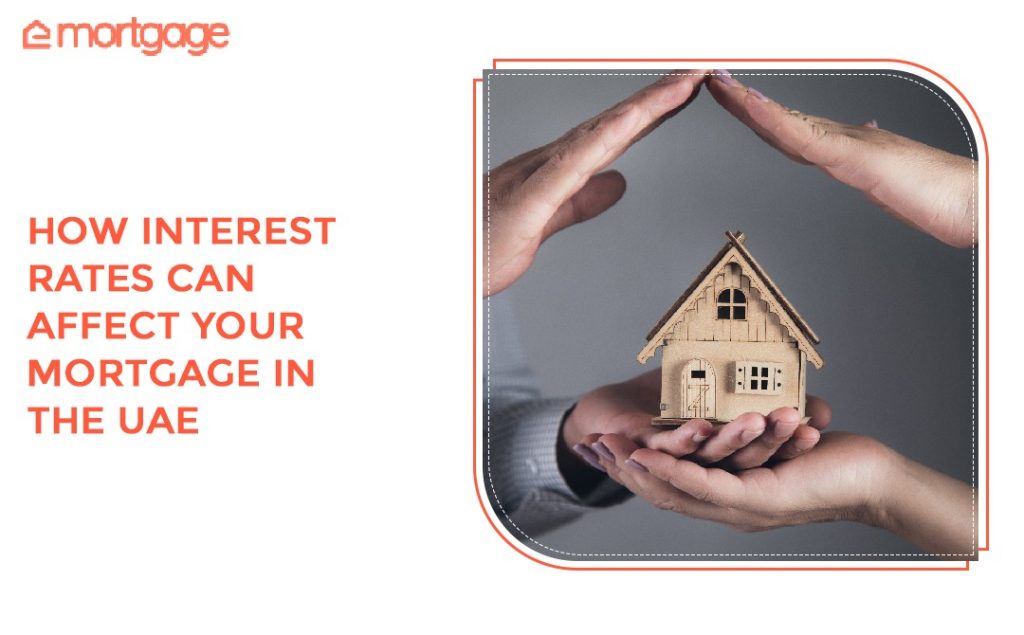Everyone dreams of owning a home and in the UAE, that dream is within reach for many. However, as with any major purchase, it’s important to be aware of the different factors that can affect your mortgage. One of these is interest rates.
Interest rates on mortgages in the UAE can vary depending on the lender, the type of loan, and the market conditions. It’s important to compare rates from different lenders before you make a decision on your mortgage.
The interest rate you’re offered will also depend on your personal circumstances, such as your credit score. The higher your score, the lower the interest rate you’re likely to be offered.
Interest rates can have a significant impact on the overall cost of your mortgage. Let’s discuss some of the most important factors you should consider before taking out a mortgage in the UAE.
What is EIBOR?
EIBOR, or the Emirates Interbank Offered Rate, is the interest rate at which banks lend to each other in the UAE. This rate is used as a benchmark for setting mortgage rates. EIBOR can fluctuate depending on market conditions, so it’s important to keep an eye on it if you’re considering taking out a mortgage. Mortgage rates in the UAE are generally based on EIBOR plus a margin. The margin is the lender’s profit margin, and it can vary depending on the lender and the type of loan.
Why is it important?
The EIBOR rate is important because it’s used as a benchmark for setting mortgage rates in the UAE. If EIBOR goes up, mortgage rates are likely to follow suit. These fluctuations can have a big impact on your monthly mortgage payments. This means that if you’re thinking of taking out a mortgage, it’s important to keep an eye on EIBOR rates. They play a big role in determining how much your monthly repayments will be.
Setting the rate
Till recently, the EIBOR rate was calculated as an average of the daily rates submitted by 10 UAE banks. The Central Bank removed the two highest and two lowest rates before taking an average of the remaining rates. This rate was then published on the Central Bank’s website every business day.
However, in 2018 a new, more dynamic system was introduced. This system is based on Reuters’ methodology procedures aligned to the International Organisation of Securities Commission Principles for Financial Benchmarks. It is designed to be more transparent, modern, and fairer. The new system has a panel of banks that contribute to EIBOR, and the rate is now based on their contributions.
How will it affect my Mortgage?
If you have a mortgage in the UAE, or you’re thinking of taking one out, it’s important to keep an eye on EIBOR rates. These can fluctuate depending on market conditions, and this can impact your monthly repayments. If EIBOR goes up, your mortgage payments are likely to increase. This is why it’s important to compare mortgage rates from different lenders before you make a decision.
If there is a recent increase in EIBOR rates then it is likely to lead to an increase in mortgage rates. This will make monthly repayments more expensive for borrowers. If you’re thinking of taking out a mortgage, it’s important to factor this into your calculations. You may need to budget for higher monthly repayments if EIBOR rates continue to rise.
Emortgage Can Help You Get The Best Mortgage Rate in UAE
If you’re looking for a mortgage in the UAE, Emortgage can help. We compare rates from different lenders to find the best deal for you. We also provide expert advice on how to get the most competitive rate possible. We have partnered with some of the leading banks in the UAE, this allows us to offer our customers exclusive deals that you won’t find anywhere else.
We have been helping customers get the best mortgage rates in the UAE for years. Our experts can help you with all your mortgage needs, from finding the best rate to understanding the process. For more information on how we can help you get the best mortgage rate in the UAE, contact us today.

